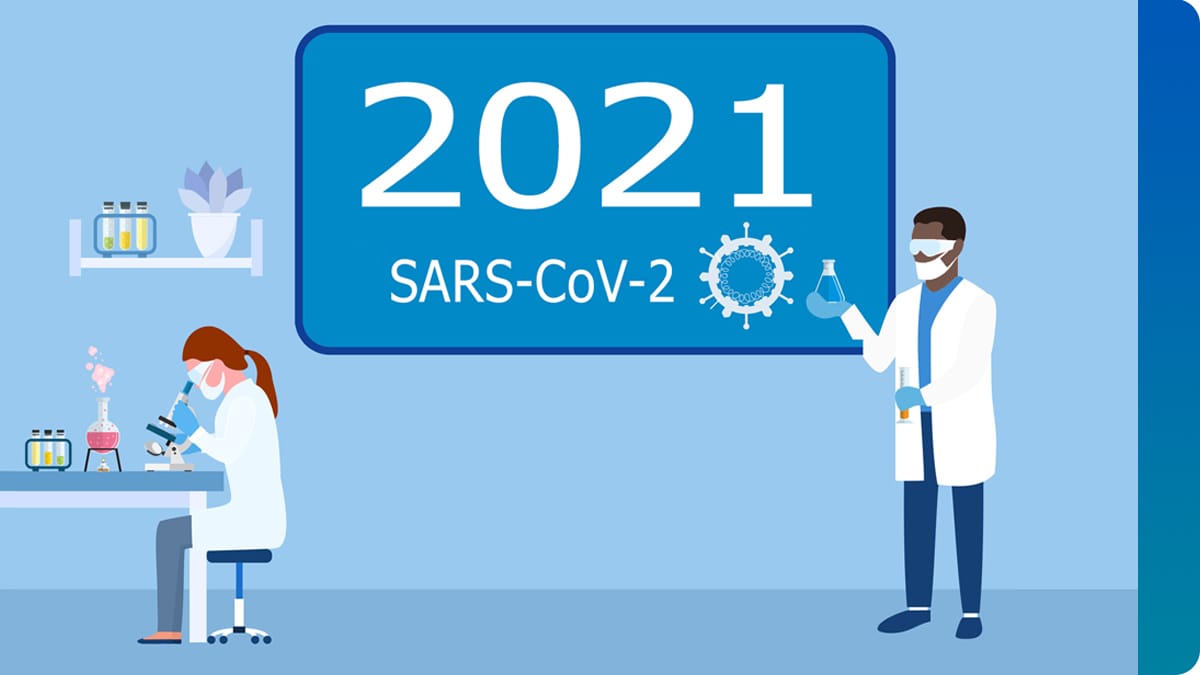What to know
The University of Washington provided whole-genome sequencing and phylogenetic analyses of SARS-CoV-2 for the state of Washington and the surrounding region. Awarded in 2021, this project performed sequencing on an additional 4,400 SARS-CoV-2 virus genomes and analyzed their diversity and development. Based on this analysis, the team reported on variants in the area, detected emerging variants, and determined how the variant proportions changed as more of the population were vaccinated.

Findings on SARS-CoV-2 Variant Characteristics
This project found that infection with Alpha, Gamma, or Delta variants resulted in a higher hospitalization risk than ancestral lineages of SARS-CoV-2.1 The project also found that vaccination decreased risk of hospitalization.
New and improved sequencing software tools
This project:
- Continued development of Nextstrain phylodynamic visualization software for SARS-CoV-2 to accommodate large amounts of SARS-CoV-2 for genomic epidemiology analysis.
- Continued development of ID3C, an open-source data warehouse.
New SARS-CoV-2 dashboards and websites
This project:
- Used Nexstrain phylogenetic visualization software to generate up to date global and regional SARS-CoV-2 analyses using publicly available data.
- Contributed SARS-CoV-2 data to a dashboard showing the percent of specimens with positive results for different pathogens among samples collected as part of the Seattle Flu Alliance.
